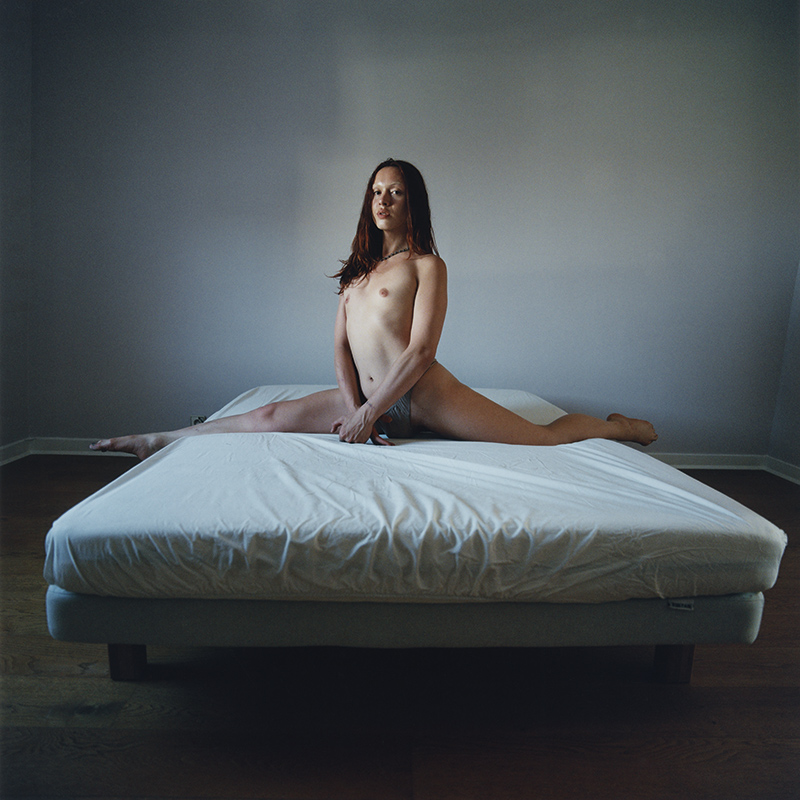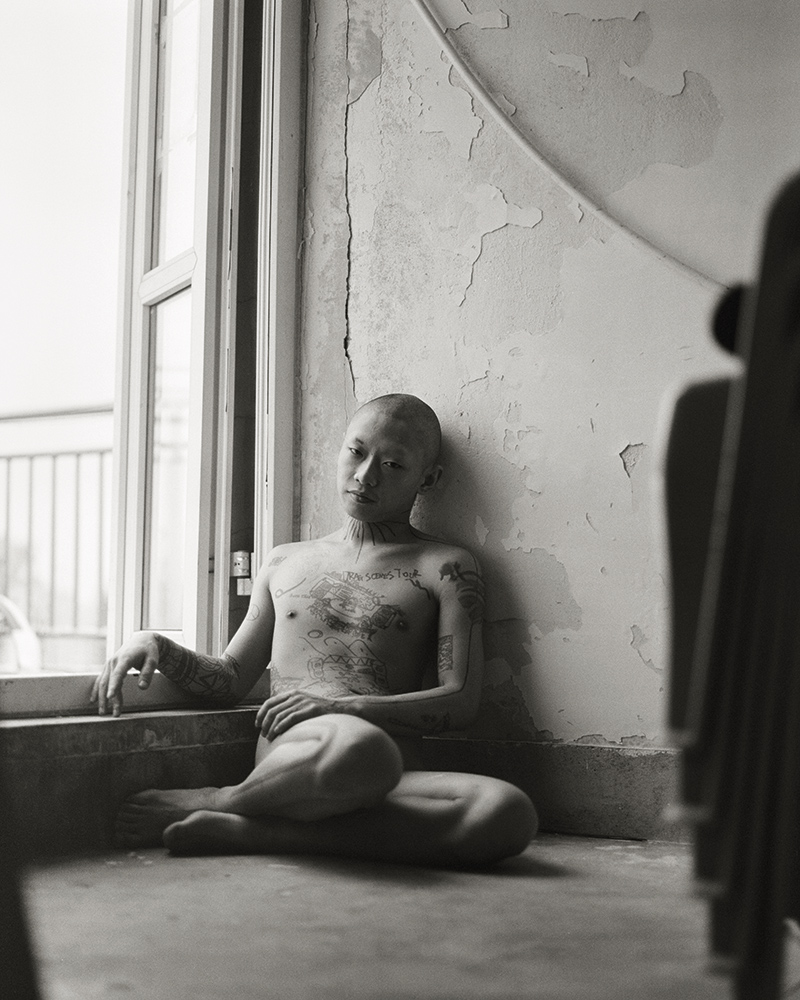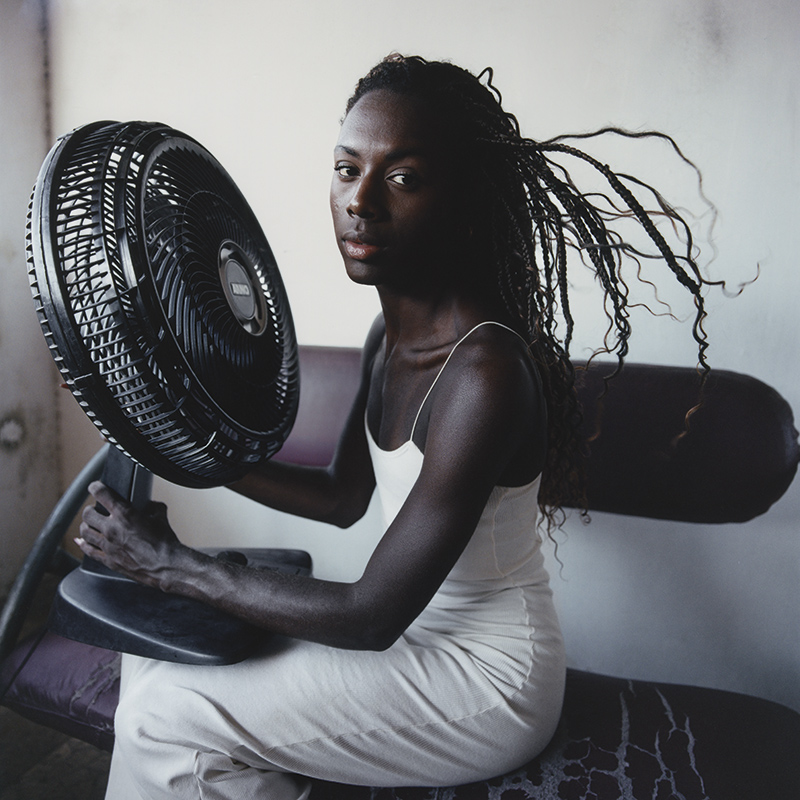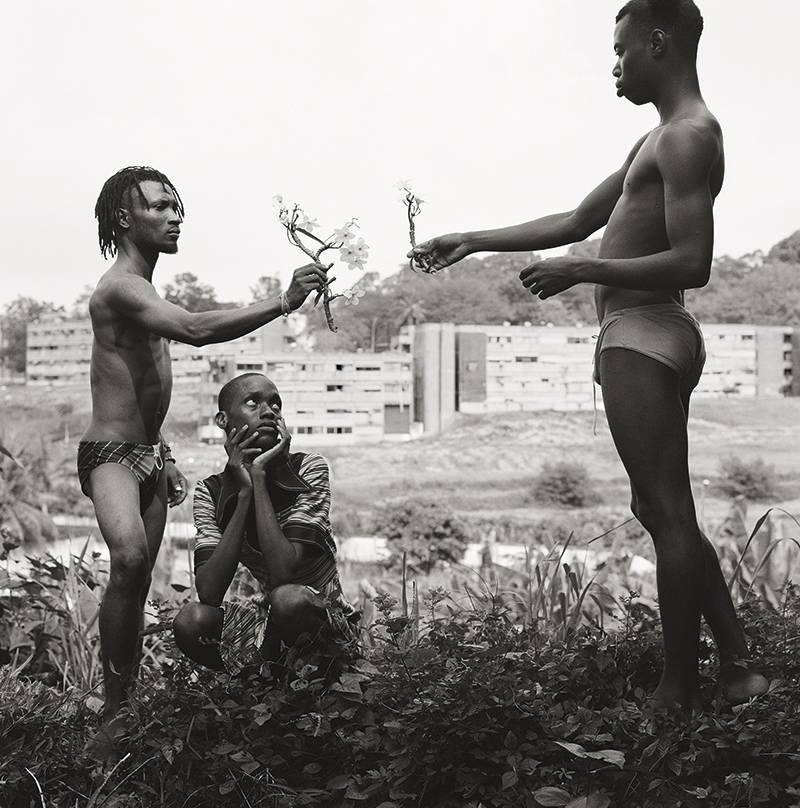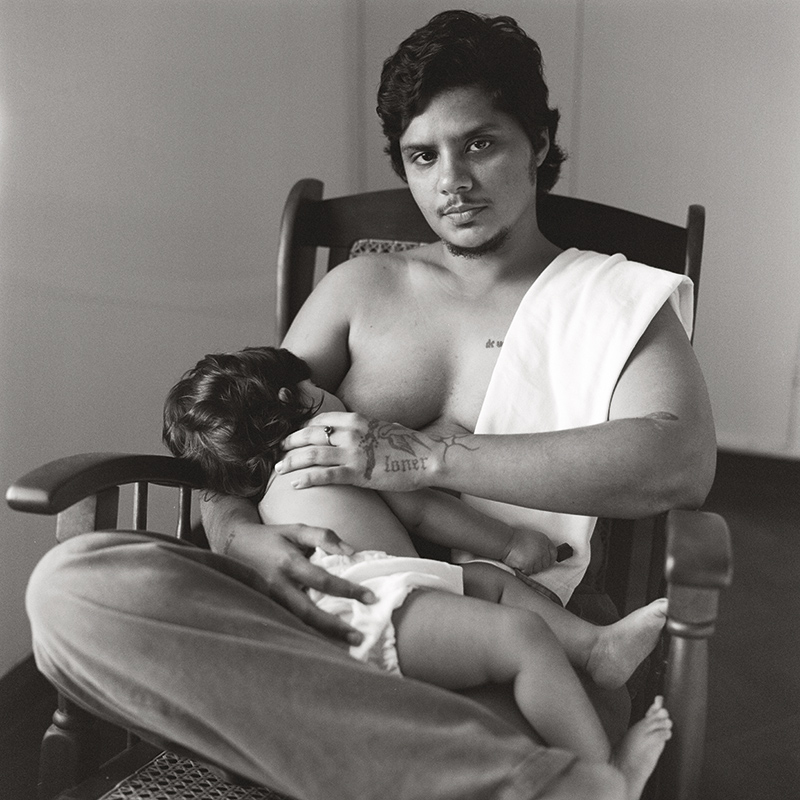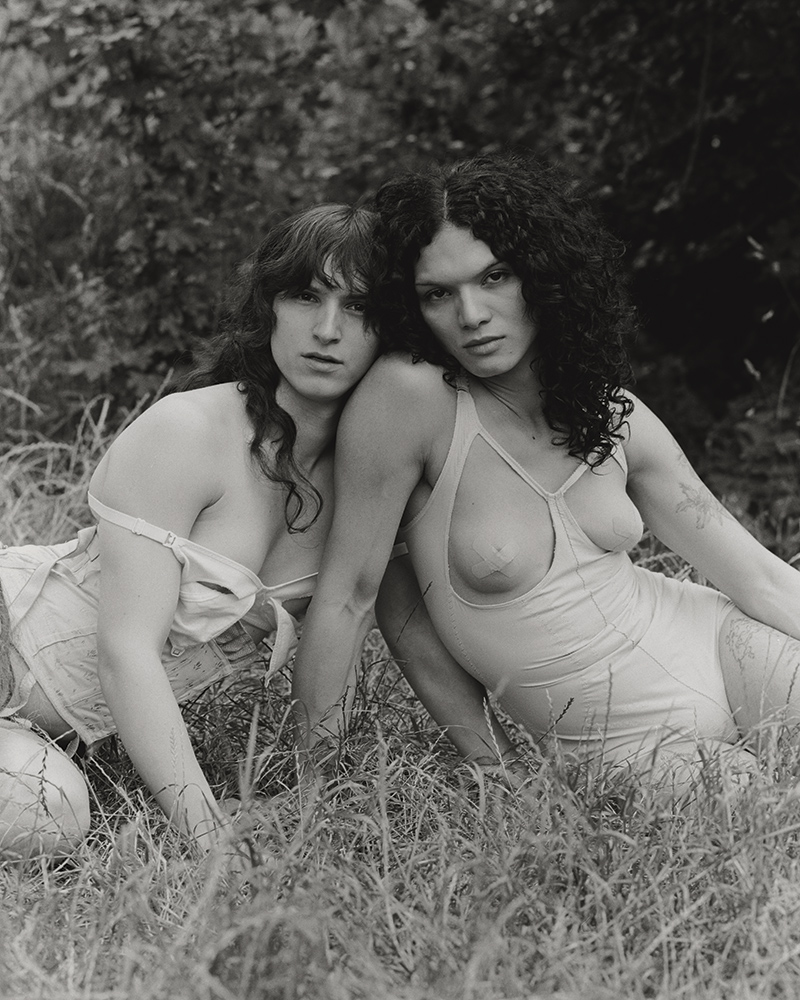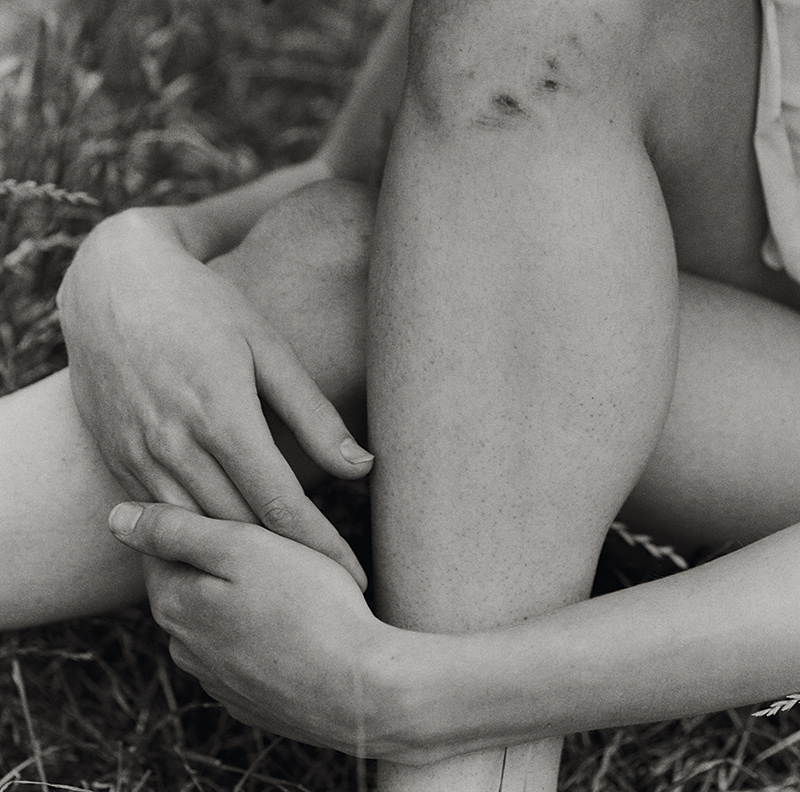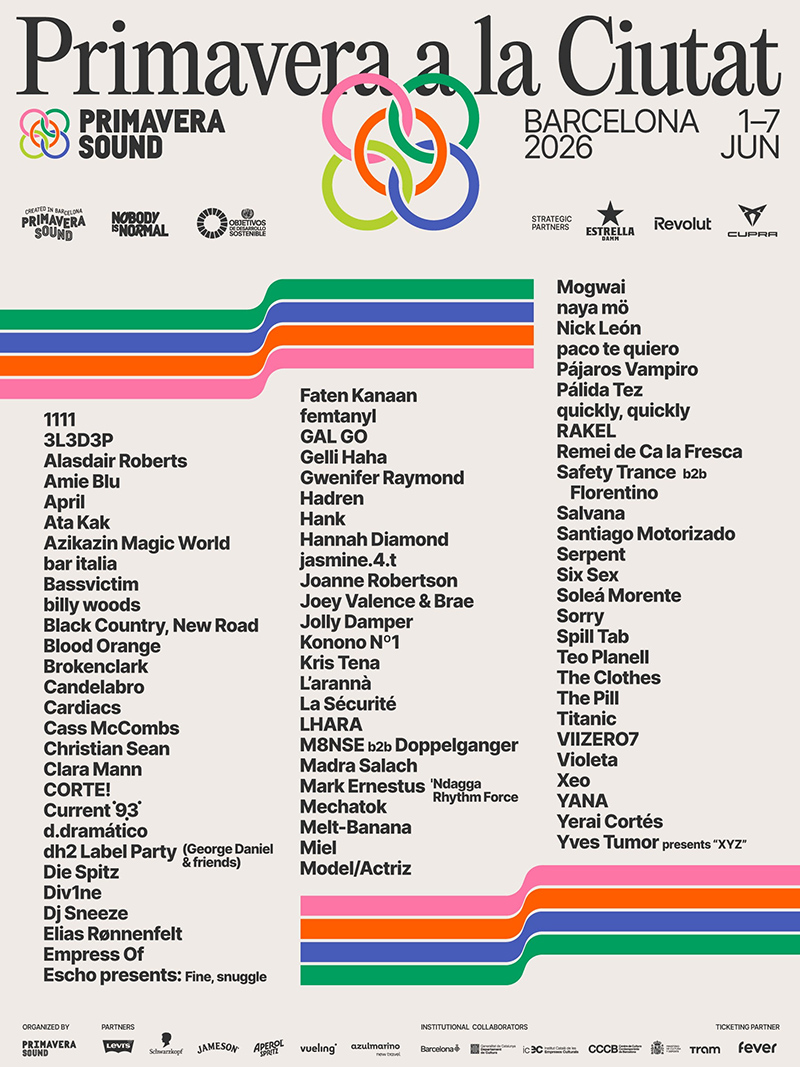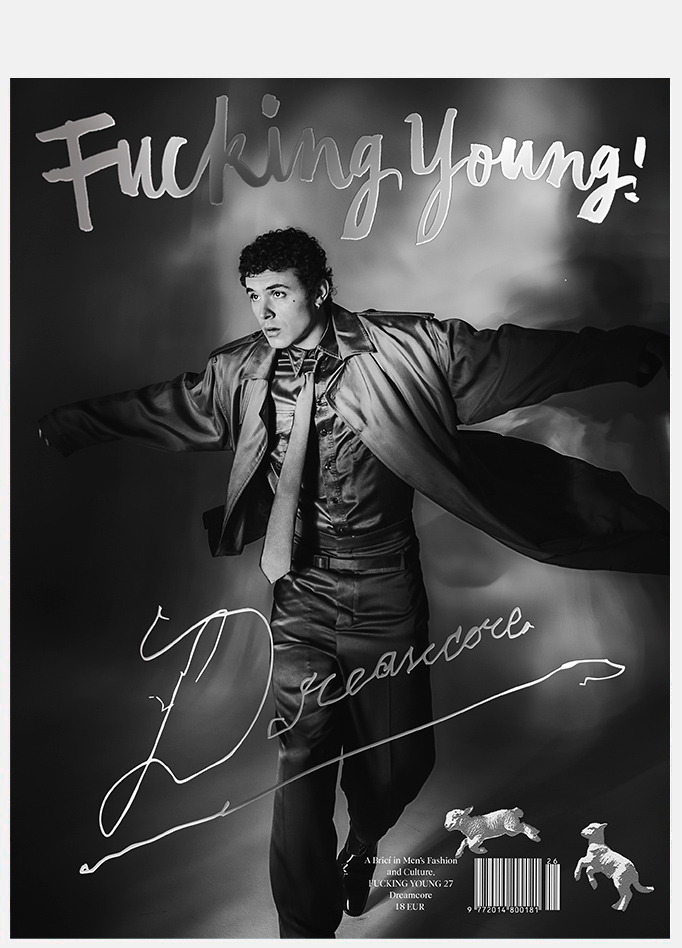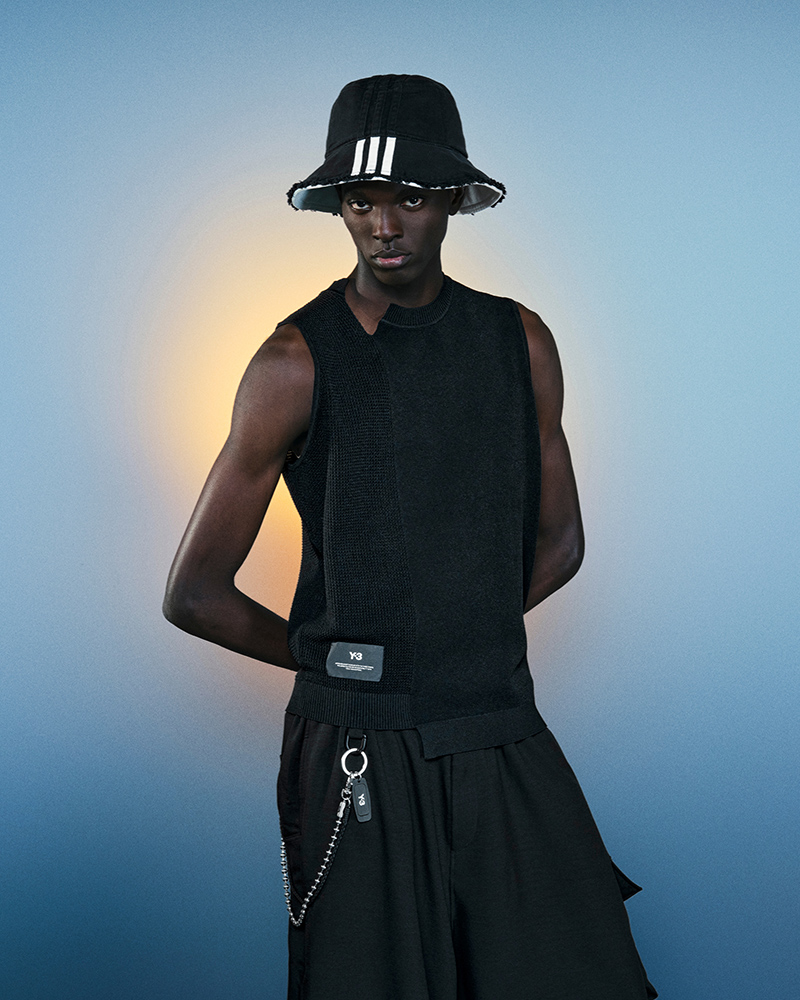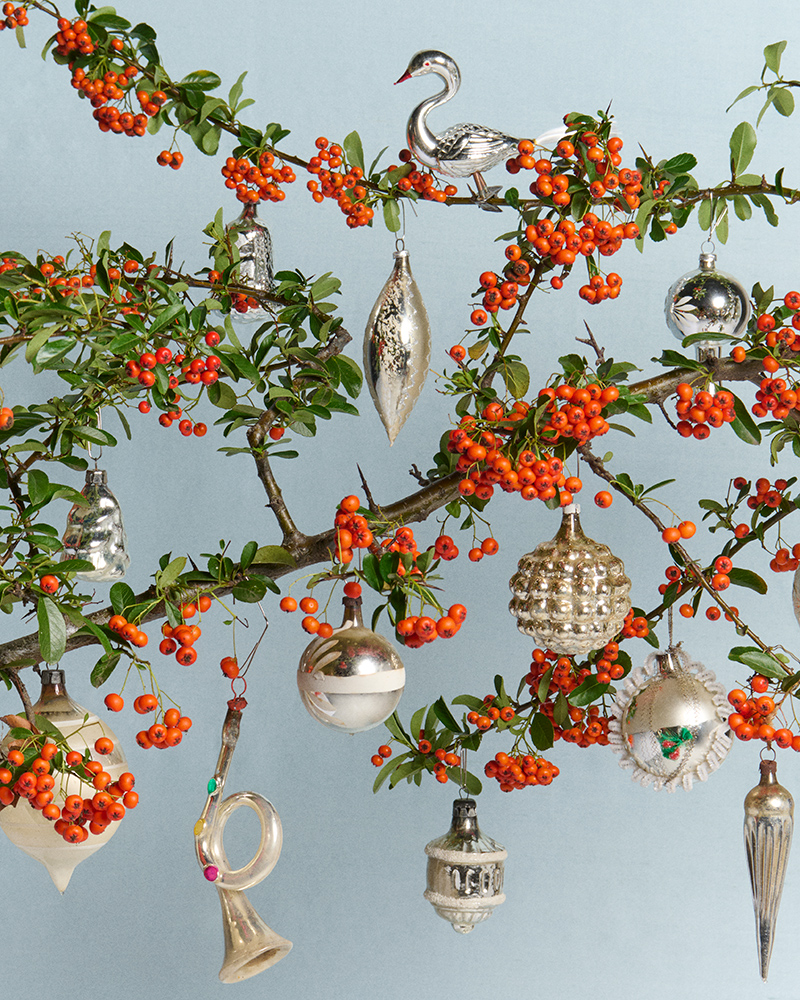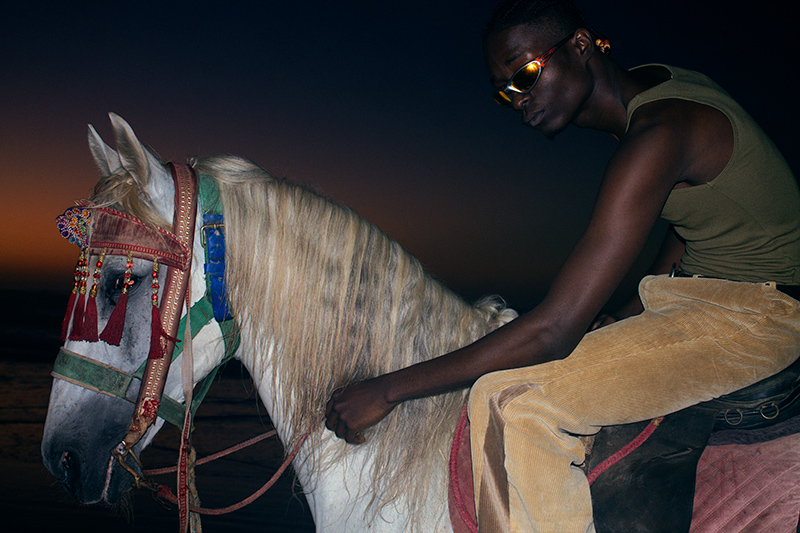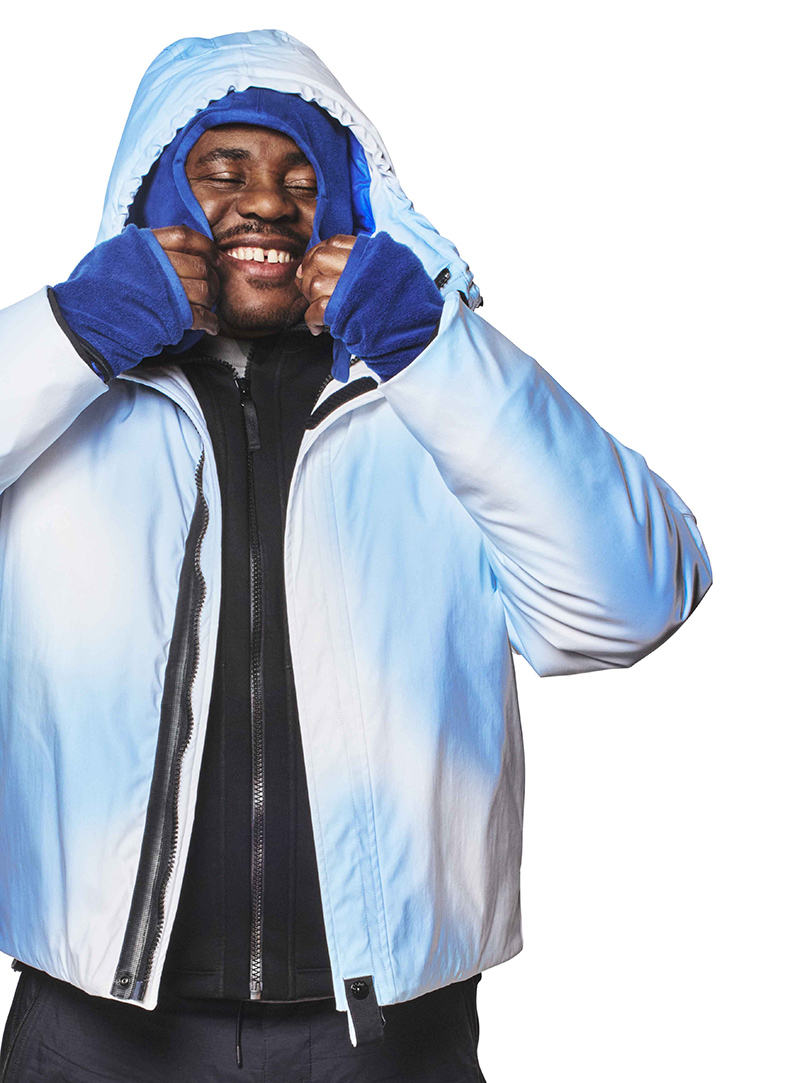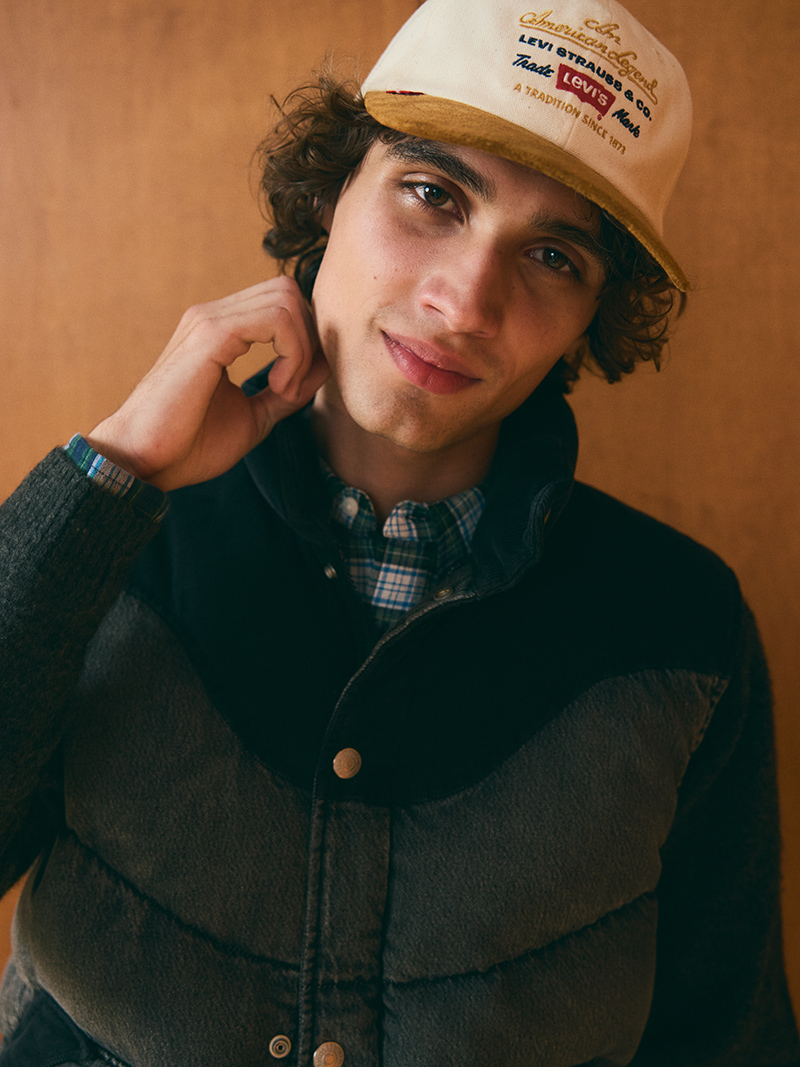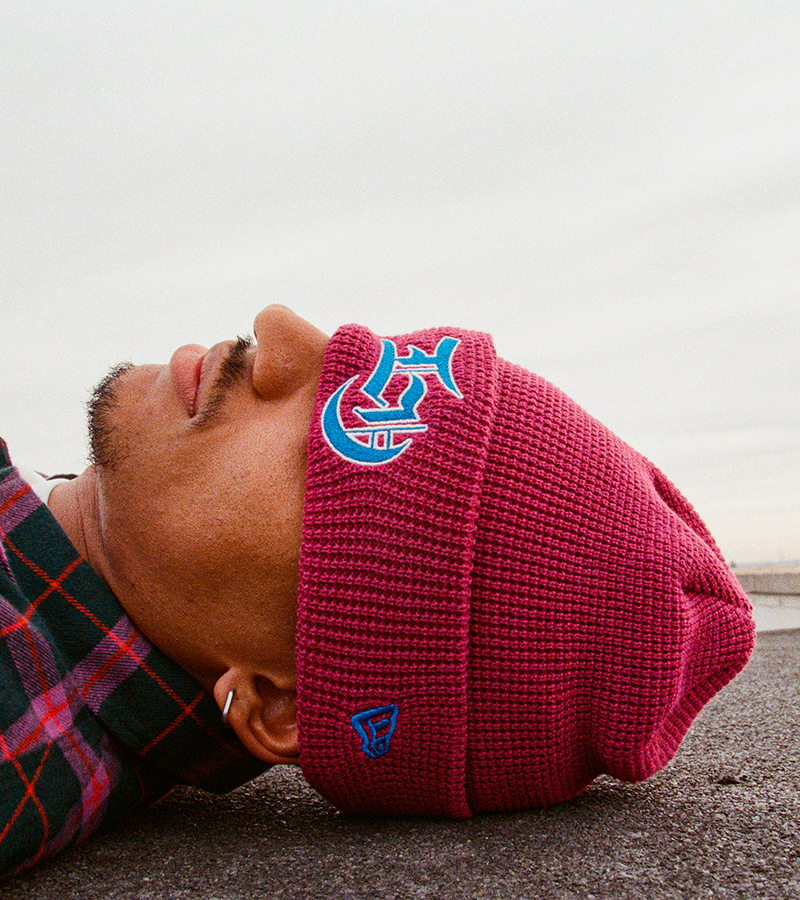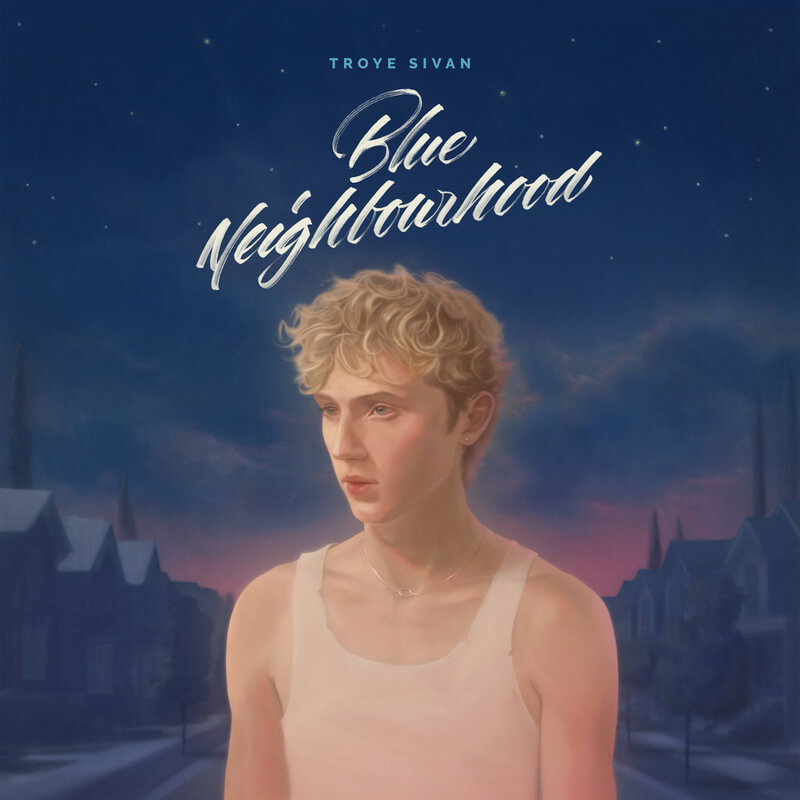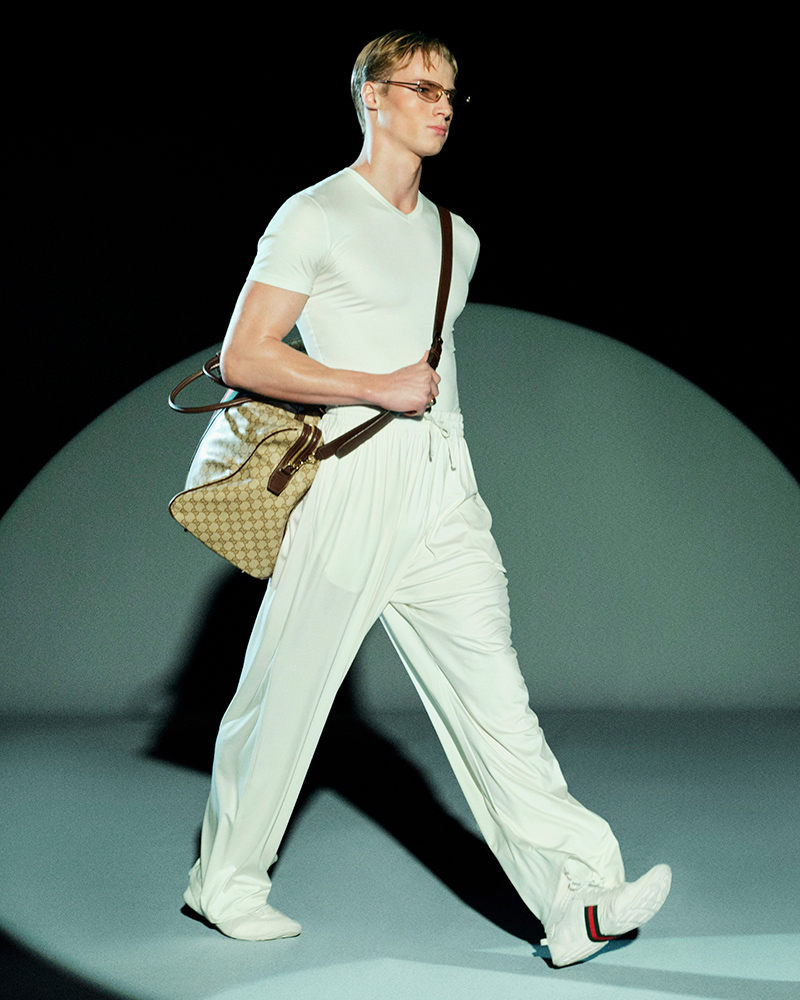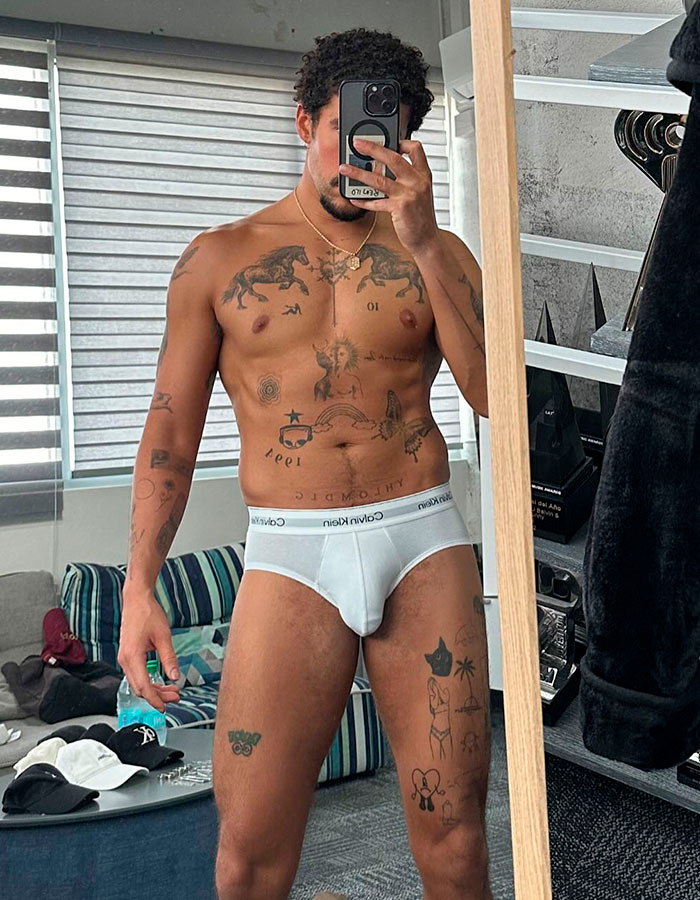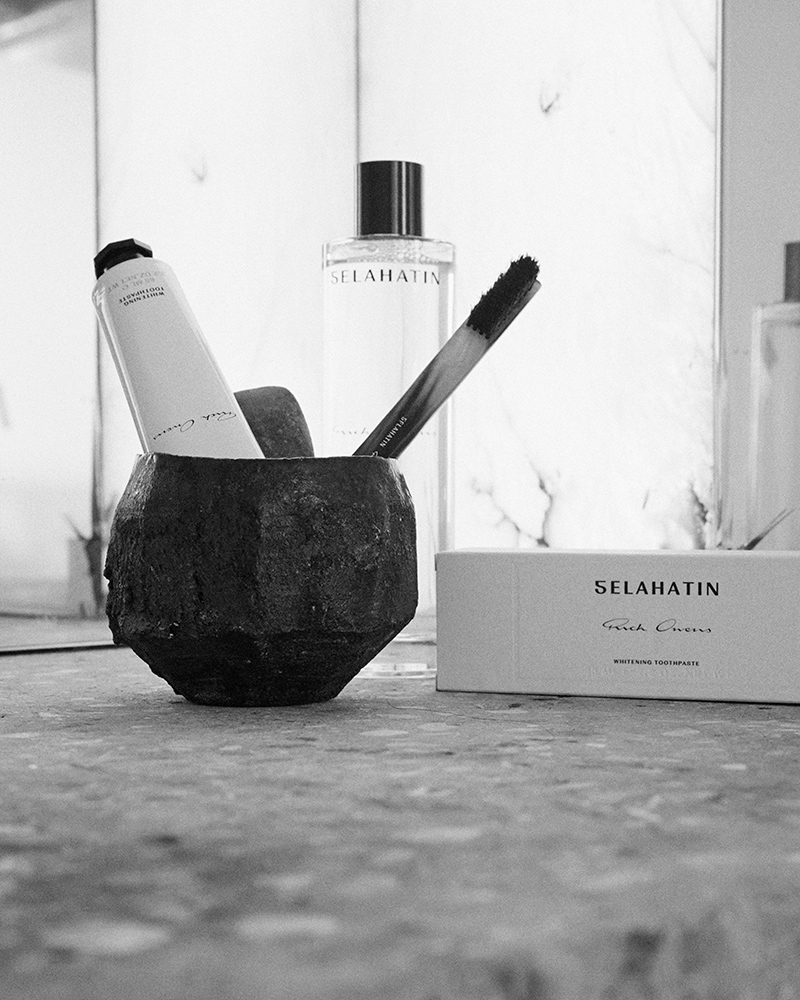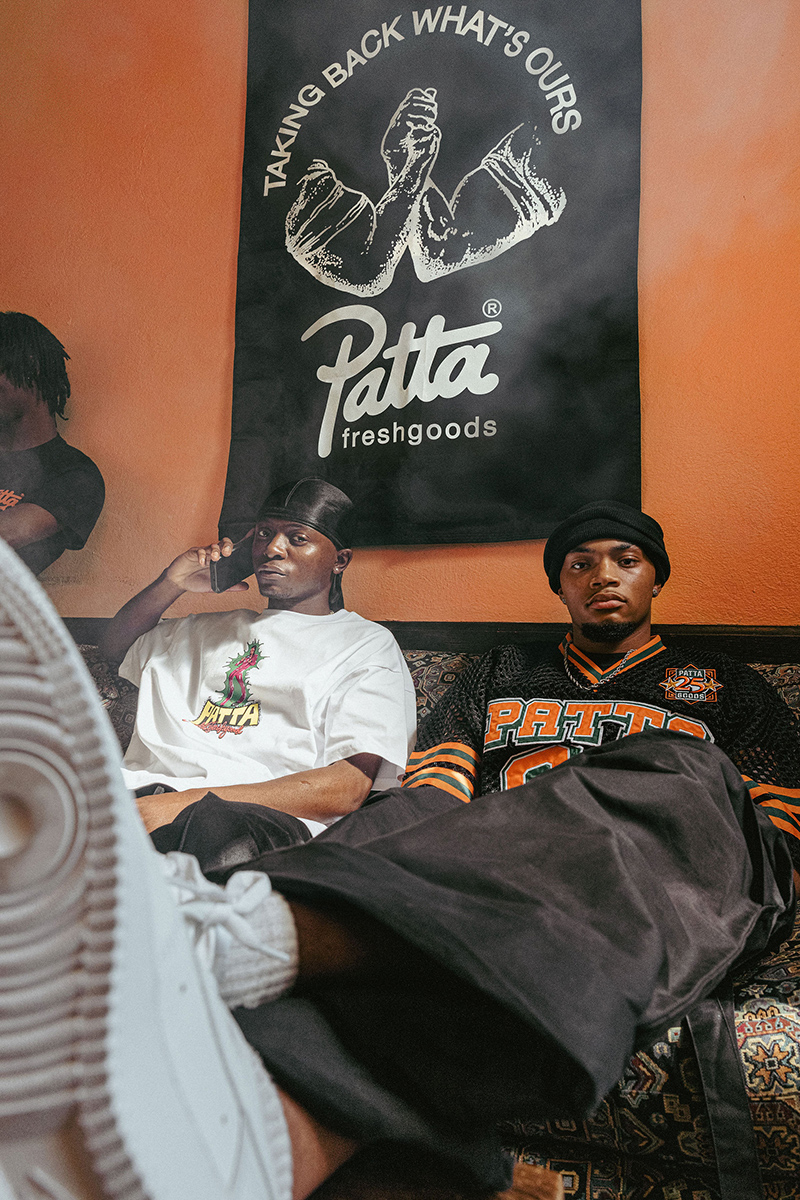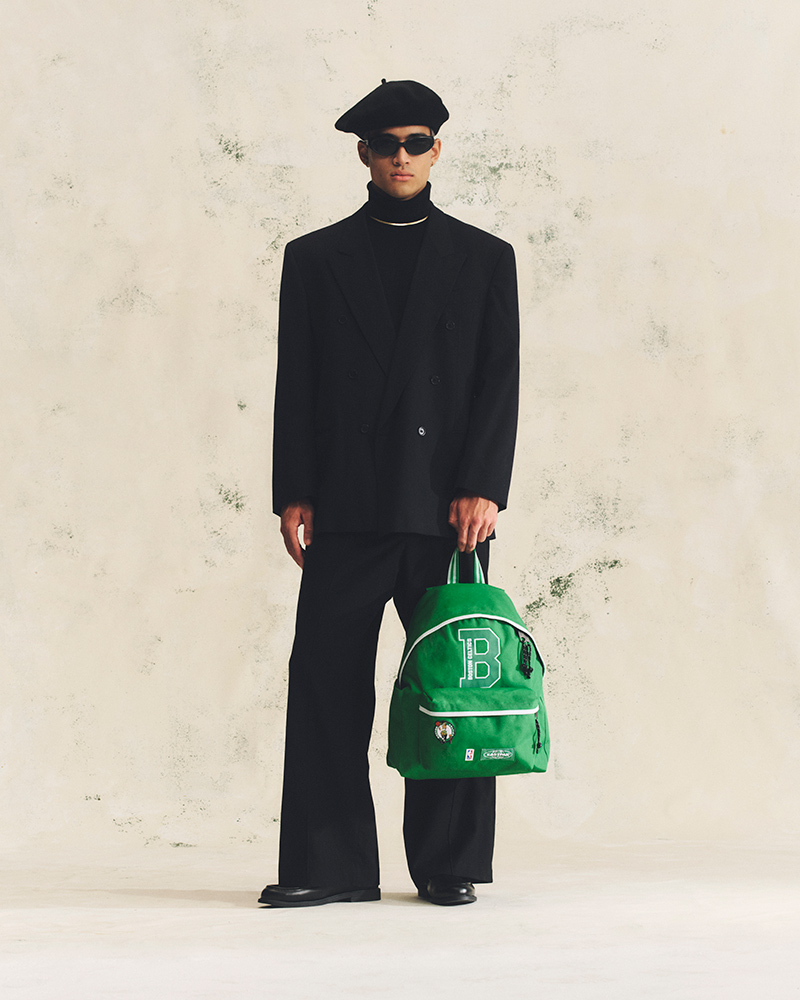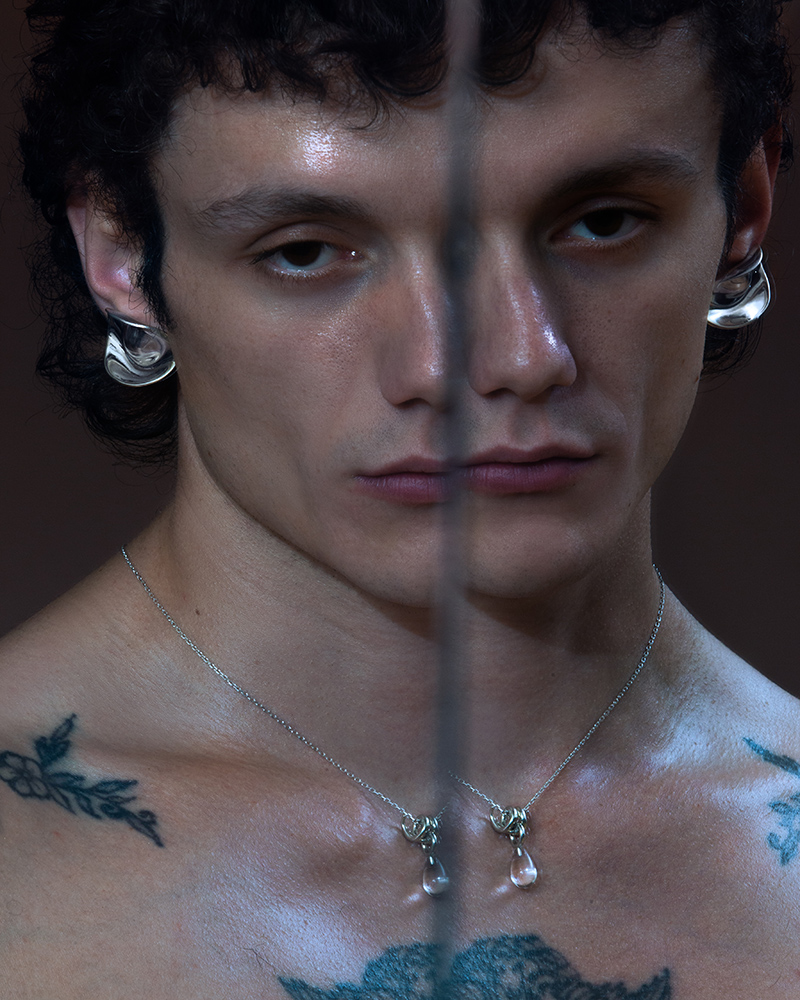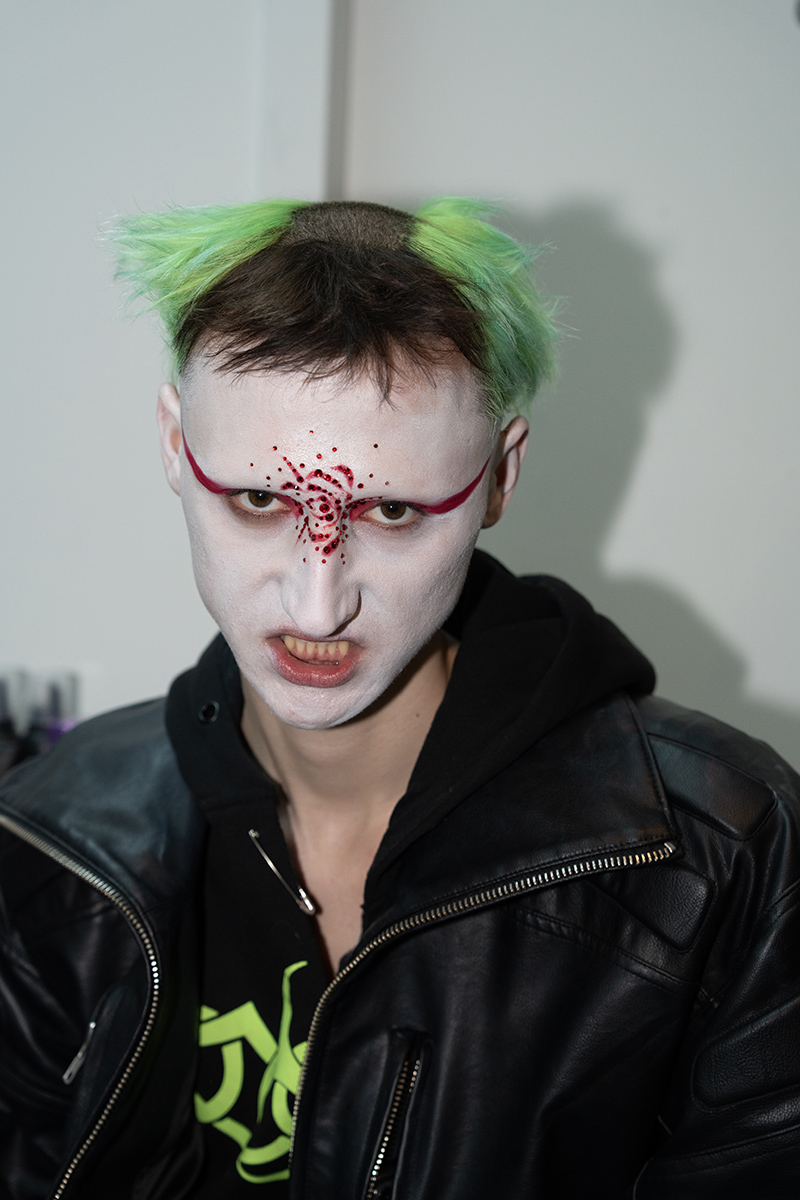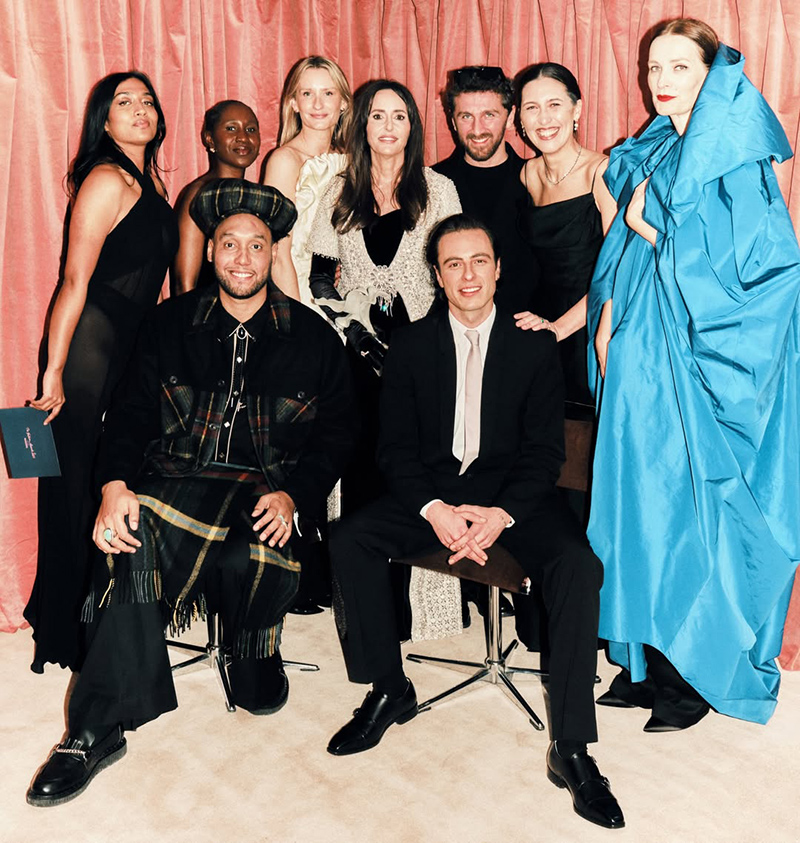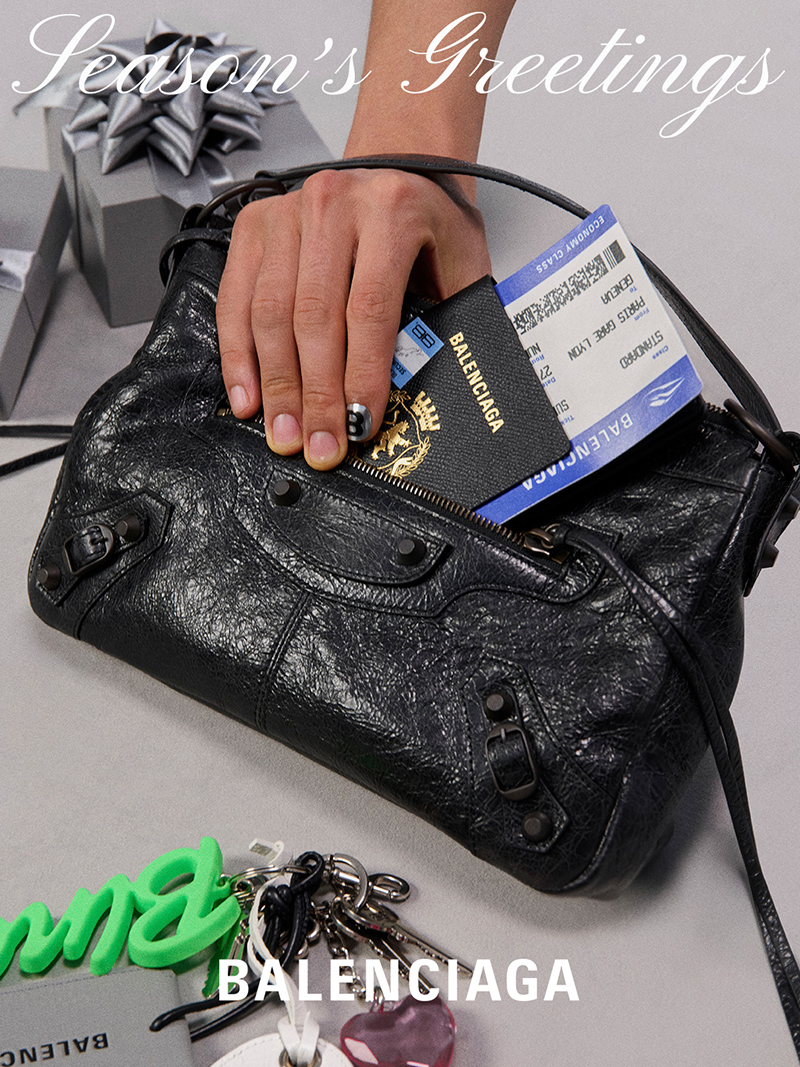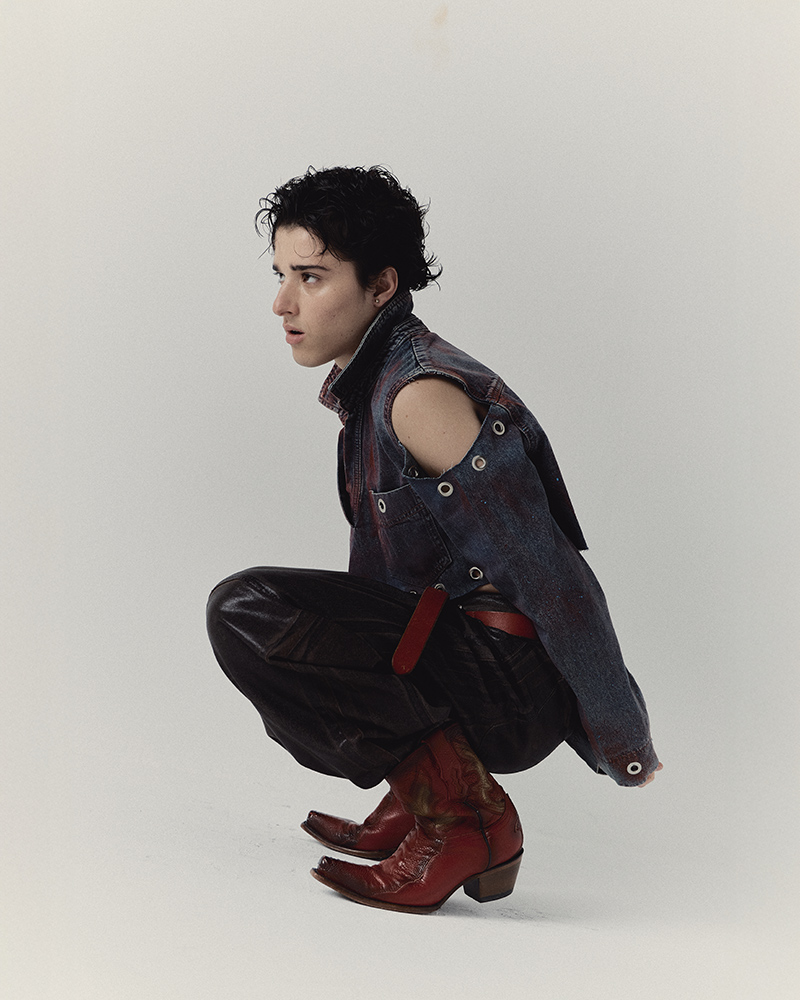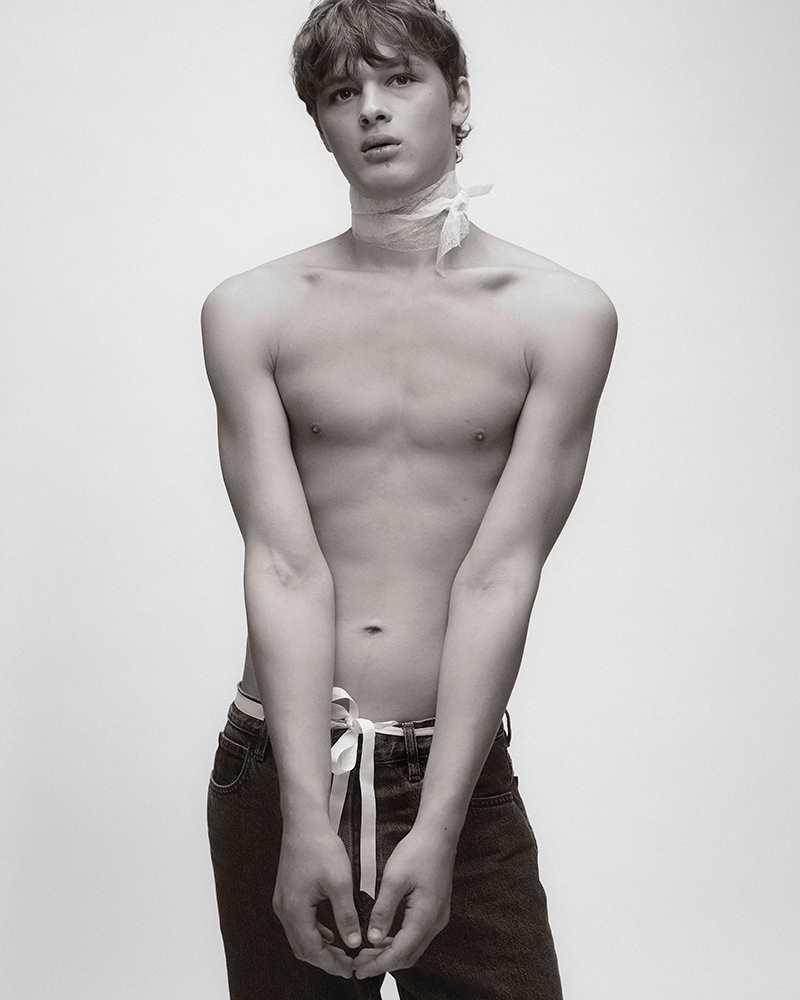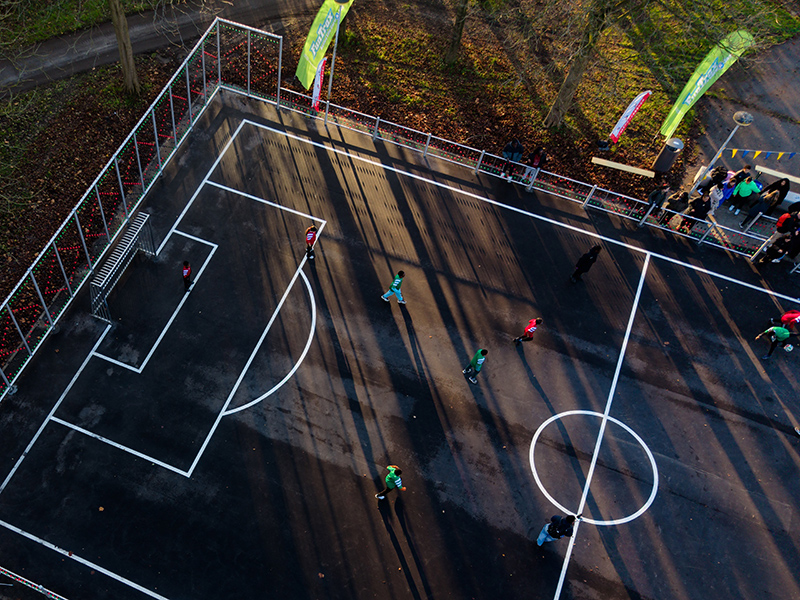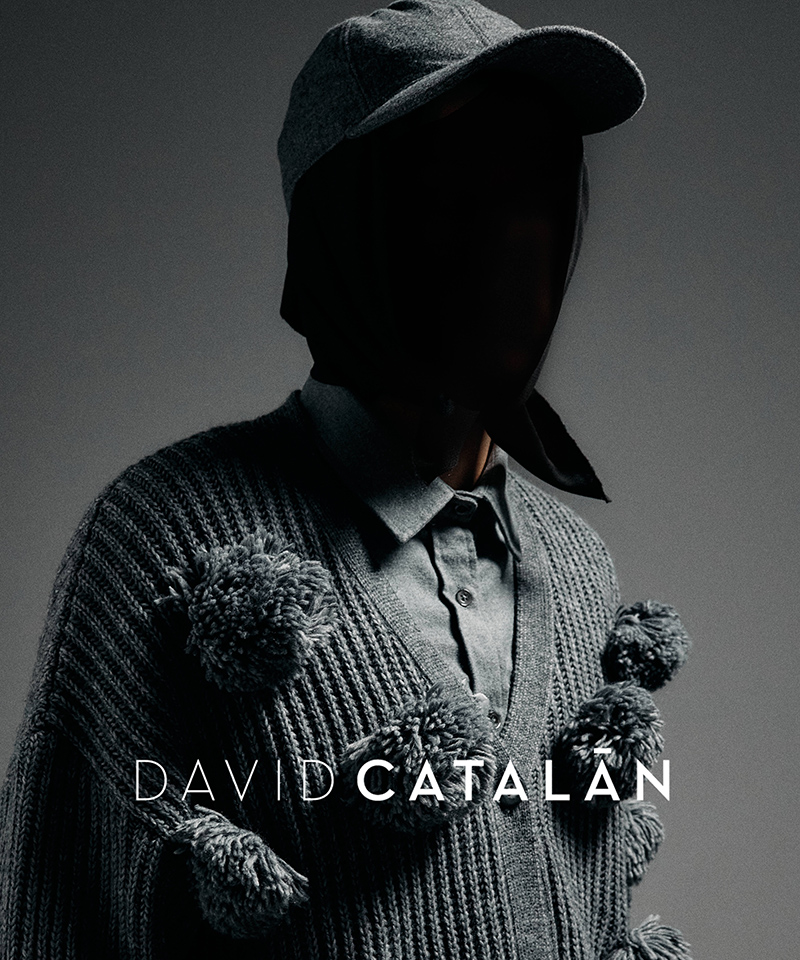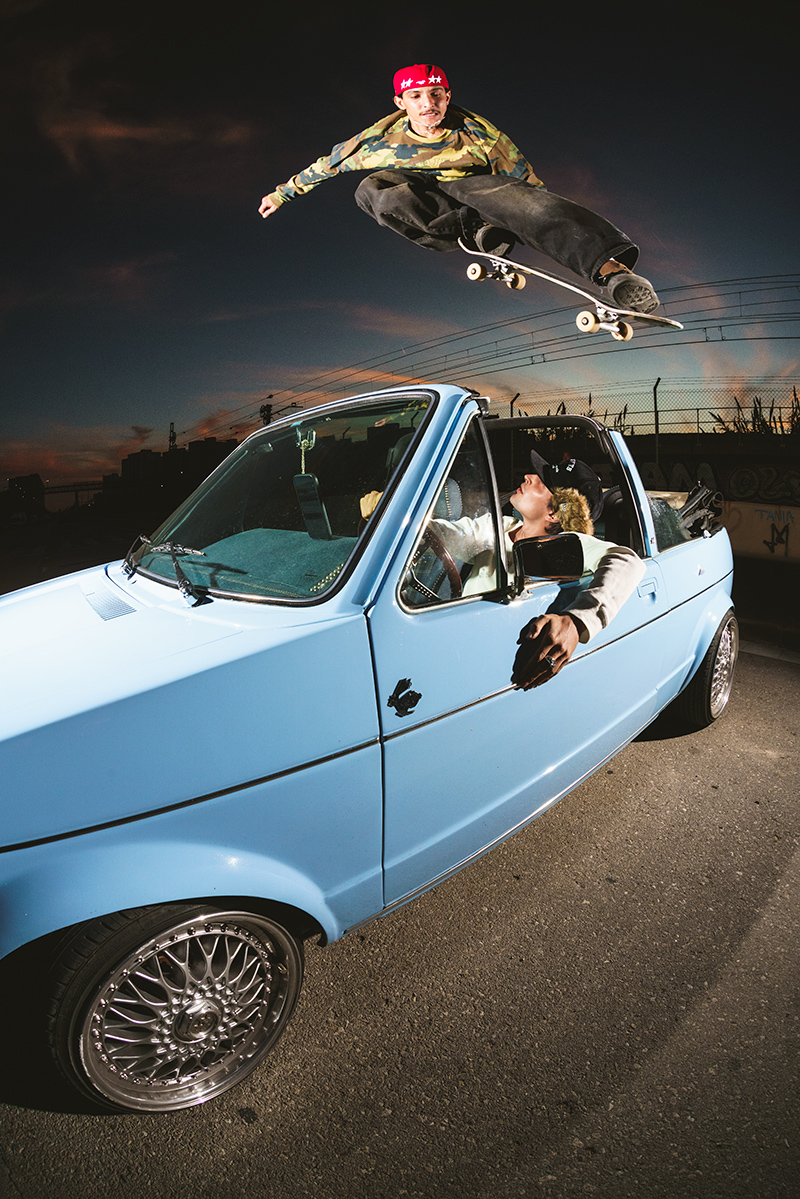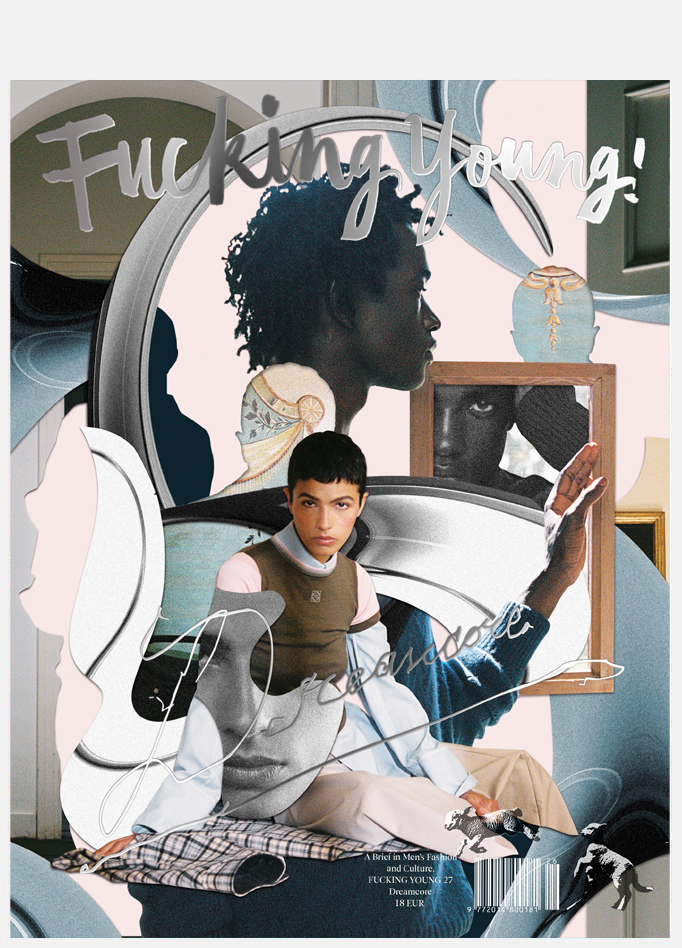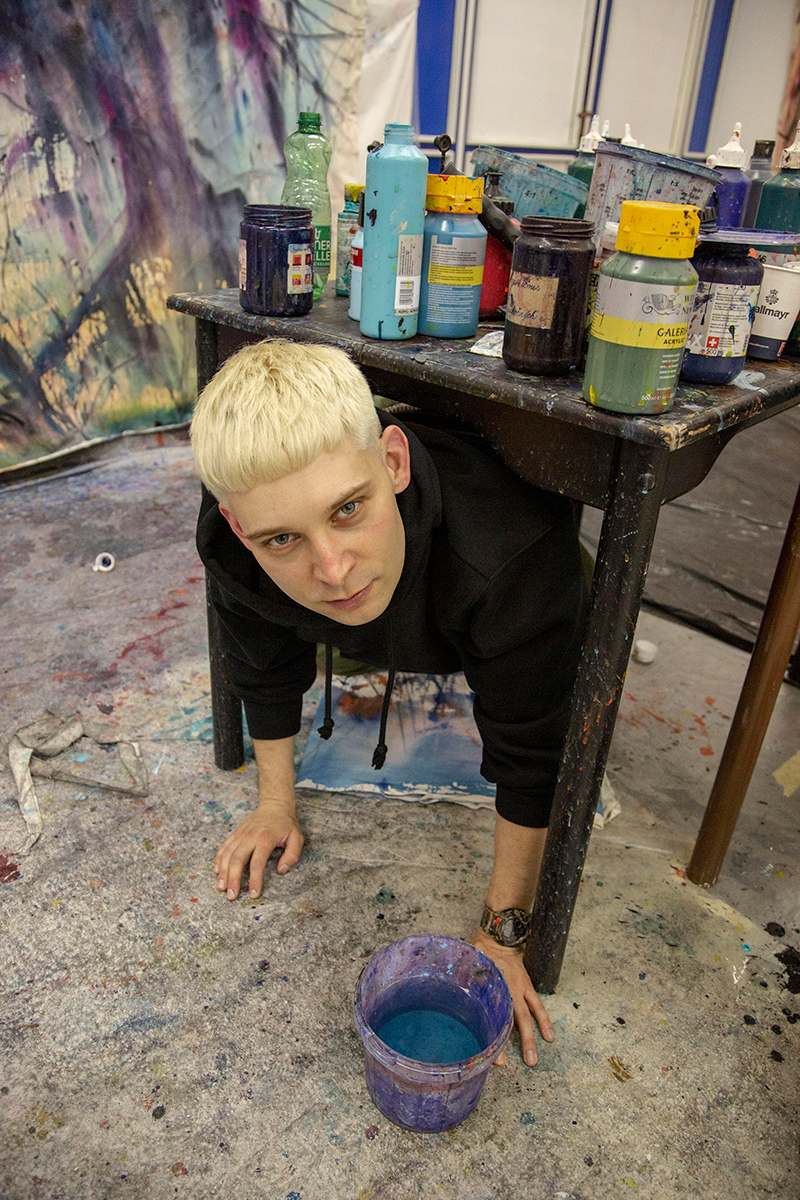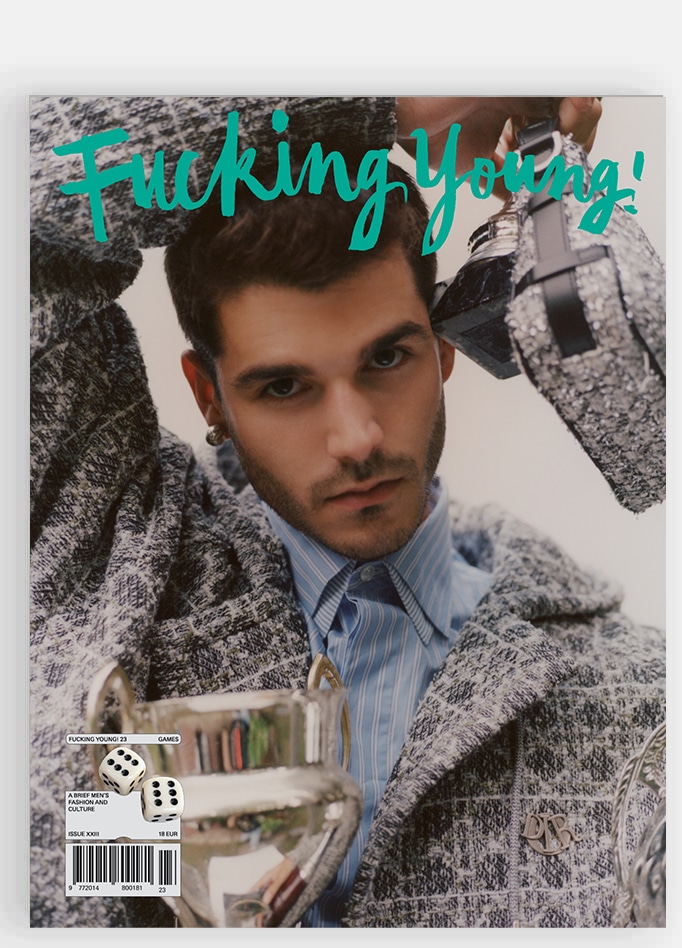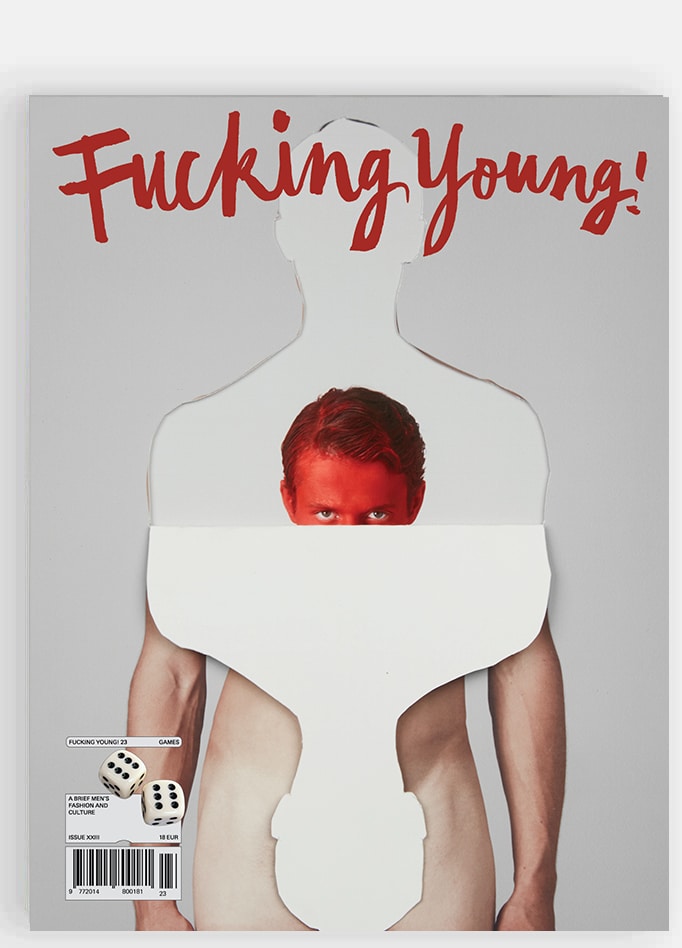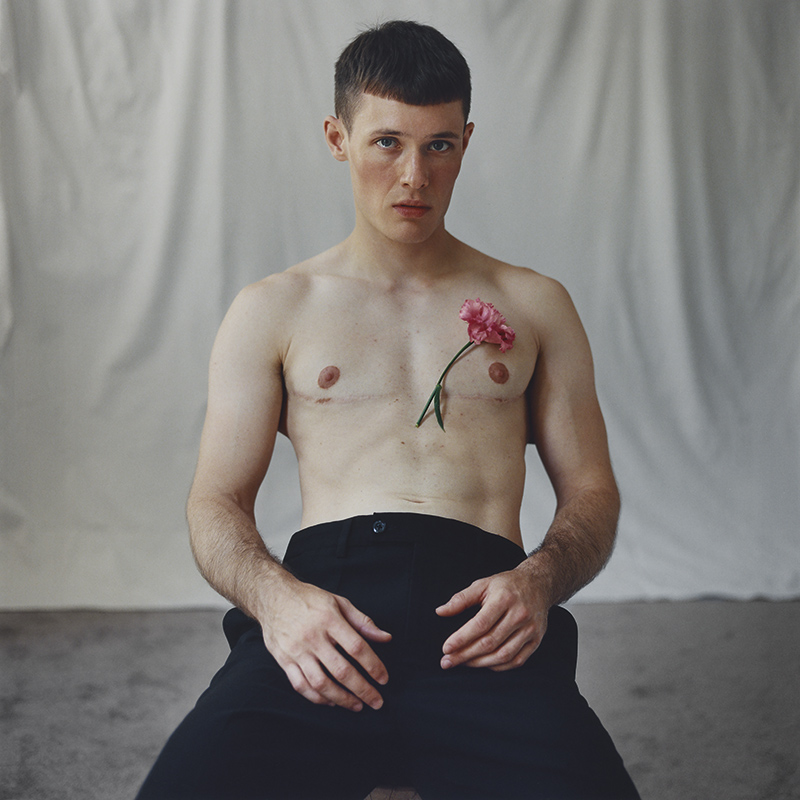
Photographer Gorka Postigo’s new book, You’ll Never Meet My New Friends, launched at LSD Paris during Paris Photo Week. The project shares a five-year-long journey across Paris, Brazil, Japan, Shanghai, London, Spain, and the Ivory Coast, where Postigo explored grief, queer resistance, quiet rebellion, intimacy, and chosen family. 12 exhibited prints accompany the book’s launch, with their proceeds donated to an LGBTQI+ organization.
We spoke with Gorka to discuss loss, moving, and how it is to connect with different people throughout our lives.
This project started with you moving to Paris and reinforcing your passion for personal photography. How did it feel to fully reconnect with more instinctive and raw photography during the making of this book?
It was a personal necessity, an urge to understand where I stand today and who I am as a photographer. When you move away from the place you’ve lived all your life, you suddenly realize how many ideas about yourself are inherited or projected. Creating this book allowed me to strip those layers and reconnect with a more instinctive, raw, and honest way of working.
The title You’ll Never Meet My New Friends refers to the distance between the people you’ve connected with in the past and those with whom you are building new connections. What inspired you to join different worlds inside this book?
The title refers to the impossibility of bringing together the people who are no longer here and the new people who appear along the way. It’s a metaphor for evolution and change: a way of acknowledging that growth often requires independence, and that different chapters of life rarely coexist physically, but can coexist emotionally inside the work.
This is a tribute to chosen family and to people who offered you presence when you needed it most. Did making this book change the way you see friendship or love?
What this process has revealed to me is that photography, at least in my practice, is an act of empathy. It’s a way of connecting, of entering the intimacy of strangers through a mutual agreement of trust and vulnerability. The making of the book reminded me that closeness is built through presence, and that love and friendship are often about showing up, quietly and consistently.
A lot of queer people grieve more than just loss: past versions of themselves, places they left, people they had to leave behind. How do you connect those different kinds of grief in your images?
Absolutely. That is at the core of the book. In my case, grief was literal, but I wanted to connect with queer people through this shared experience: all the versions of ourselves we had to leave behind in order to become who we are. That process of letting go, of family expectations, societal norms, and personal fears, reveals a more honest version of ourselves, one finally free from those heavy burdens.
You photographed people in so many places, like Paris, Tokyo, Rio, and Abidjan. How does being in different places shape intimacy for you, and does grief feel different depending on where you are?
Grief is not something you can outrun; it’s something you must move through. Traveling can seem like a form of escapism, but it can also be deeply revealing. Meeting people across different cultures makes you realize how similar we all are; we share the same fears and desires, the same need to connect, to be held, to belong. Intimacy shifts depending on place, but what remains constant is the human need for community and the way people hold space for you when you need it.
You’ll Never Meet My New Friends explores a chance of becoming “someone entirely different from the person the world once expected you to be”. Do you think this book marks the end or the beginning of a life chapter?
Probably both. The book speaks about that precise moment where an ending implies a beginning: they’re inherently linked. That’s the beauty of it. You close a chapter to open another, and in that transition, you discover the possibility of becoming someone entirely different from the person the world once expected you to be.
Lastly, what does “Fucking Young!” mean to you?
For me, Fucking Young! means staying curious. It’s desire, it’s beginning again, it’s allowing yourself to make mistakes, to learn, to keep moving. It’s the reminder that youth is not an age, it’s a way of approaching life.
